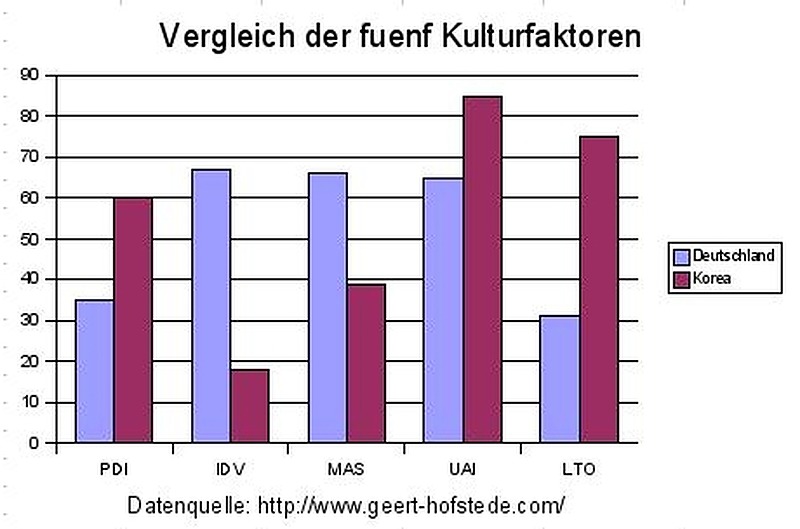In diesem Artikel geht es im Wesentlichen um die hohen Scheidungsraten in Korea sowie um die "verdeckten Scheidungen", d.h. Trennungen im Falle der noch nicht vor dem Gesetz geschlossenen "Ehen" junger Paare (laut dem Autor nicht ungewoehnlich in Korea).
Insbesondere mit der folgenden Aussage trifft er meiner Meinung nach, unabhaengig von dem Scheidungs-Problem, den Nagel auf den Kopf und bringt eines der groessten Probleme der heutigen koreanischen Gesellschaft zum Ausdruck:
Despite rapid social change in Korea people still allow others to barge across personal boundaries and interfere in their lives to a degree that is totally unacceptable for adults who are in full control of their faculties. They don’t stand up to their parents. But nor do they obey _ they pretend to but live secret lies.
One of my colleagues, who is almost 40, just got a tongue-lashing from her mother who discovered her smoking. Mum doesn’t know she’s been at it since she was a student. People are willing to live according to how faceless society says they should, rather than according to what fulfils them and leads to personal happiness.
[...]
So lernt man z.B. im Kontext des Internationalen Marketing die 5 Kulturfaktoren nach Prof. Hofstede kennen, die ich hier am Beispiel Deutschland/Korea vorstellen wollte:
- 1) Machtdistanz (PDI)
- 2) Individualismus (vs. Kollektivismus) (IDV)
- 3) Maskulinitaet (vs. Feminitaet) (MAS)
- 4) Grad der Unsicherheitsvermeidung (UAI)
- 5) langfristige (vs. kurzfristige) Orientierung (LTO)
Eine kurze Internetrecherche fuehrte mich jedoch direkt zu den Seiten von Herrn Prof. Hofstede, auf denen er seine Untersuchungsergebnisse diverser Laender veroeffentlicht hat. Daher werde ich auf eine eigene Ausfuehrung verzichten.
Mich verwundert bei diesen Werten allerdings die Einschaetzung der Maskulinitaet, heisst es doch in der offiziellen Erklaerung des Faktors:
Diese Interpretation des Faktors ist im Hinblick auf die obigen Werte meiner Meinung nach unangemessen, da doch gerade in Korea die Stellung der Frau vergleichsweise niedrig ist.
Im Artikel The Expatriate Manager in South Korea, Cross Cultural Communication wird dieser Faktor ein wenig anders formuliert, und trifft es schon besser:
Eventuell werde ich einmal bei Herrn Hofstede bezueglich den Maskulinitaets-Werten bzw. der Definition nachfragen... Oder habe ich in meinem Lernstress etwas falsch verstanden? Japan ist uebrigens mit einem Maskulinitaetswert von 95 bewertet.
Auf weitere Ausfuehrungen moechte ich nun aber verzichten und und verweise fuer weitere Details auf:
